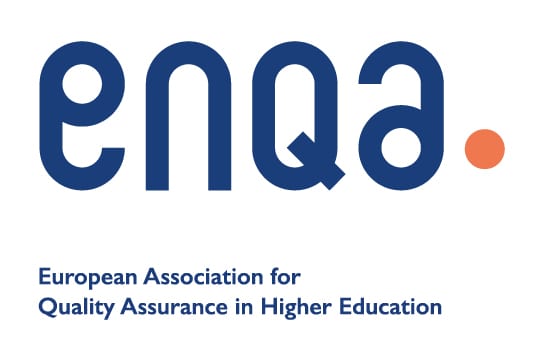Lina Elias Salomao
Forum Replies Created
-
AuthorPosts
-
January 22, 2024 at 4:38 pm #847
The 4th HAQAA Policy Brief underscores the critical need for a fresh perspective on teaching and learning, moving beyond the conventional dichotomy of “teaching-and-learning” and “learning-and-teaching.” Instead, it emphasizes a more profound consideration: “what teaching for what learning.” This perspective becomes particularly pertinent in the context of higher education, where the expectations for graduates extend beyond the mere acquisition of knowledge to the development of both generic and specific skills.
The argument for a reevaluation of teaching approaches is substantiated by the challenges observed in student-centered learning, as highlighted by the experiences of a Psych pedagogy teacher. Despite the emphasis on student-centered learning at institutions like Eduardo Mondlane University in Mozambique (EMU) and others globally, gaps emerge in students’ abilities to understand, express ideas, establish relationships between concepts, and translate theory into practice. This prompts reflection on the dialectical and developmental aspects of education.
The teaching agenda, as articulated by Sprinthall & Sprinthall (1993), focuses on the student, teacher, content, and teaching methods. Considering these aspects, attention is drawn to the state of primary and secondary education in Mozambique, characterized by poor quality. The flaws in the education system, particularly the semi-automatic passages in the curriculum plan of basic education (PCEB), contribute to the approval of students lacking the knowledge and competences required by the curriculum, potentially affecting their readiness for higher education.
The question of who the student is in higher education becomes a pivotal concern in the context of “what teaching for what learning.” It necessitates an examination of teachers’ attitudes toward learning, students, oneself, and the understanding of research as a tool for improving teaching practices. The adoption of a Student-Centred Learning (SCL) approach, which places the learner at the center from a constructivist perspective, signifies a commitment to active and engaged learning, recognizing that knowledge is not passively received but actively constructed.
In conclusion, the argument supports the idea that a reevaluation of teaching approaches, considering the specific needs and challenges of students, is crucial for enhancing the quality of education, especially in the higher education context. Embracing a “what teaching for what learning” mindset encourages a nuanced understanding of the dynamic relationship between teaching and learning, ultimately contributing to the holistic development of students and the improvement of education systems. -
AuthorPosts






